Free Online Sleep Courses and Certifications 2024
Sleep is a naturally recurring state of mind and body, characterized by altered consciousness, relatively inhibited sensory activity, reduced muscle activity and inhibition of nearly all voluntary muscles during rapid eye movement (REM) sleep, and reduced interactions with surroundings. Please bookmark and follow AZ Class. This course list can greatly reduce your time consumption. We have prepared the best Sleep course list for you! The latest and most popular online courses, don't miss it!
Popular Courses


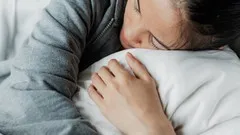
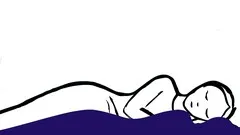
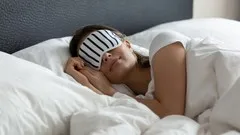
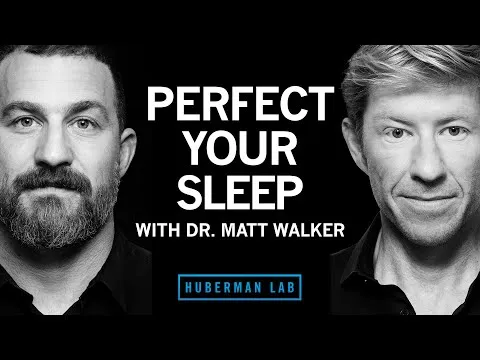
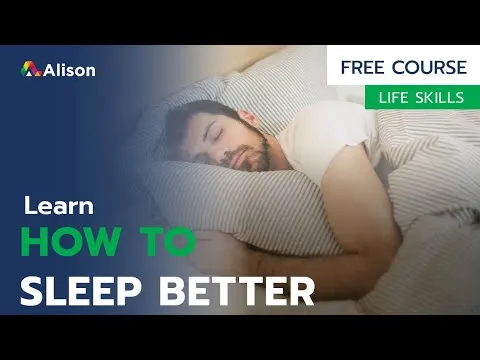


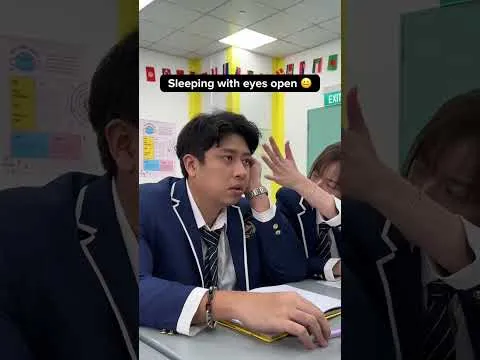
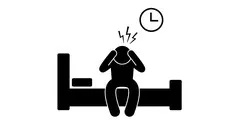
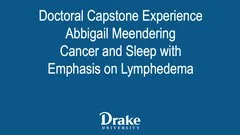
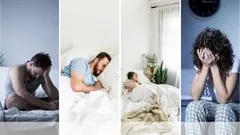
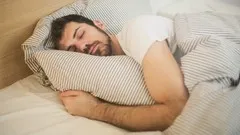


Sleep Courses
What Are the Best Sleep Certifications?
Sleep is the natural state of rest that is vital for our health and well-being. It affects our mood, cognition, immunity, metabolism, and more. There are some online courses and certifications that can help you learn and improve your sleep skills. Are you surprised? Kindly continue reading:
**A-STEP: Accredited Sleep Technologist Education Programs** by American Academy of Sleep Medicine. This is a training and certification program that prepares professional care workers to provide quality sleep care. You will learn how to assist specialists in the clinical assessment, testing, diagnosis, and prevention of sleep-related disorders. You will also get a credential from the American Academy of Sleep Medicine that demonstrates your knowledge and skills.
**Safe Sleep Training** by Safe Sleep Academy. This is a training program that teaches you how to create a safe sleep environment for infants and prevent sudden infant death syndrome (SIDS). You will learn the risk factors for SIDS, the best practices for safe sleep, and the ways to educate parents and caregivers about safe sleep. You will also get a certificate after passing the quiz at the end of the training.
**Become a Sleep Coach: 6 Certification Programs & Methods** by Positive Psychology. This is an article that reviews six different programs and methods that can help you become a sleep coach. A sleep coach is someone who helps clients improve their sleep quality and quantity through behavioral and cognitive interventions. You will learn about the benefits, requirements, costs, and outcomes of each program and method.
Frequently Asked Questions and Answers
Q1: Why is sleep important?
Most scientists agree that sleep is important for restoring physical and mental health. It refreshes the mind and repairs the body. The lack of sleep, or sleep deprivation, can cause fatigue, poor concentration and memory, mood disturbances, impaired judgment and reaction time, and poor physical coordination.
Q2: What does sleep mean?
In experimental studies, sleep is often defined by examining physiological variables that are typically associated with recurring periods of inactivity, which are behaviorally identified as sleep. This approach allows researchers to assess and measure sleep patterns and characteristics through observable and measurable physiological changes during these periods of rest.
Q3: What diet is best for sleep?
Certain foods and drinks have been found to promote better sleep by providing essential nutrients for sleep. Kiwi, cherries, milk, fatty fish, nuts, and rice are among the foods that aid in relaxation and sleep. It is important to avoid consuming caffeine, alcohol, and heavy meals before bedtime in order to maintain healthy sleep patterns.
Q4: What is the 10 3 2 1 0 sleep rule?
10 hours before bed, one should avoid consuming caffeine. 3 hours before bed, it is advised to refrain from eating or drinking alcohol. 2 hours before bed, one should cease any work-related activities. 1 hour before bed, it is recommended to eliminate screen time by turning off all phones, TVs, and computers.
Q5: How much sleep do you need by age?
The recommended hours of sleep per day for different age groups are as follows: Newborns (0-3 months): 14-17 hours (according to the National Sleep Foundation) and no specific recommendation from the American Academy of Sleep Medicine. School-age children (6-12 years): 9-12 hours per 24 hours. Teenagers (13-18 years): 8-10 hours per 24 hours. Adults (18-60 years): 7 or more hours per night.
Q6: What Sleep courses can I find on AZ Class?
On this page, we have collected free or certified 80 Sleep online courses from various platforms. The list currently only displays up to 50 items. If you have other needs, please contact us.
Q7: Can I learn Sleep for free?
Yes, If you don’t know Sleep, we recommend that you try free online courses, some of which offer certification (please refer to the latest list on the webpage as the standard). Wish you a good online learning experience!
ADVERTISEMENT
